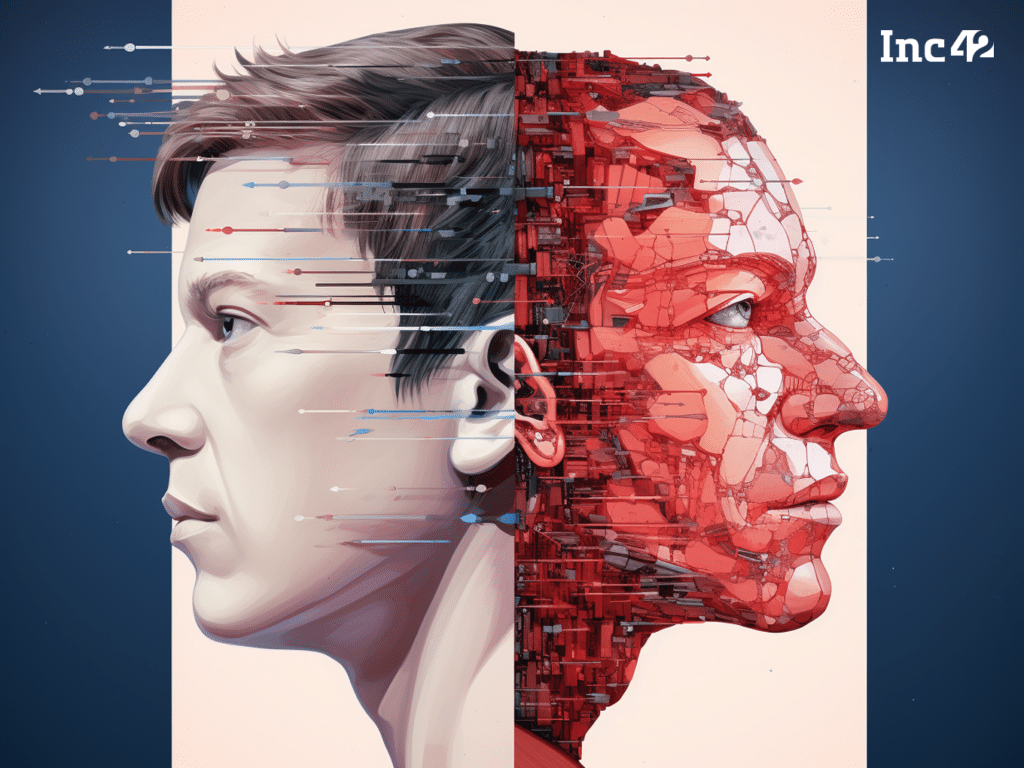SUMMARY
The submission by Software Alliance said that MeitY should consider the differences in the role and function of intermediaries when prescribing obligations related to deepfakes
The development comes at a time when the government is weighing options to amend the Information Technology (IT) Rules of 2021 and introduce rules for regulating artificial intelligence (AI) companies and generative AI models
In March 2023, MeitY released its presentation on the proposed Digital India Act, 2023, emphasising the “urgent need for a specialised and dedicated adjudicatory mechanism for online civil and criminal offences”
Trade body representing major IT and business-to-business companies, including Microsoft, Adobe and Salesforce among others, has written to the ministry of electronics and information technology (MeitY) urging the government to not introduce a one-size-fits-all regulation for tackling deepfakes.
The submission by Software Alliance, as quoted by Moneycontrol, said, “MeitY should consider the differences in the role and function of intermediaries when prescribing obligations related to deepfakes. This is crucial due to key service-level, technical, functional, and user-based distinctions that ensure that all intermediaries do not have the same ability to address this issue.”
“The services provided by intermediaries may not pose the same kind of risk. For example, business- to-business and enterprise software services pose limited risk to user safety and public order, given the size of their user base and the fact that they do not provide services directly to consumers,” it added.
The submission was addressed to Minister of State for Electronics and Information Technology Rajeev Chandrasekhar, along with MeitY Secretary S Krishnan, additional secretary Bhuvnesh Kumar and group coordinator Sandip Chatterjee. It was penned by BSA’s country manager (India) Venkatesh Krishnamoorthy. The trade body’s other members include Oracle, Zoom and Cisco.
The development comes at a time when the government is weighing options to amend the Information Technology (IT) Rules of 2021 and introduce rules for regulating artificial intelligence (AI) companies and generative AI models.
The amendments are likely to mandate that platforms using artificially intelligent algorithms or language models to train their machines must be devoid of any form of ‘bias’.
Earlier, Minister of State for Electronics and IT, Rajeev Chandrasekhar, said that the Digital India Act, intended to replace the 23-year-old IT Act of 2000, is not expected to be finalised before the upcoming general elections in 2024.
The Digital India Bill is designed to ensure a secure and accessible internet for Indian users while also seeking to diminish the dominance of major tech corporations. In contrast to the IT Act of 2000, which provides safe harbour provisions for intermediaries, the Digital India Bill places responsibility on intermediaries for the content published on their platforms.
In March 2023, MeitY released its presentation on the proposed Digital India Act, 2023, emphasising the “urgent need for a specialised and dedicated adjudicatory mechanism for online civil and criminal offences”.
As per earlier reports, the Centre was looking to release the first draft of the Digital India Bill by the end of July 2023. Among several new proposals, the government is expected to impose penalties of up to INR 500 Cr for any breaches of the provisions under the Bill.
Under the Bill, the Centre is also expected to provide clear definitions for offences such as doxing, cybersquatting, astroturfing, dog-whistling, and others.



![[CITYPNG.COM]White Google Play PlayStore Logo – 1500×1500](https://startupnews.fyi/wp-content/uploads/2025/08/CITYPNG.COMWhite-Google-Play-PlayStore-Logo-1500x1500-1-630x630.png)